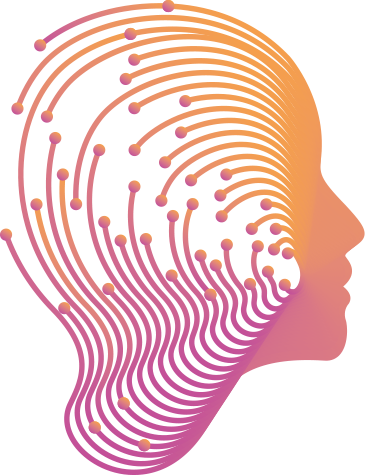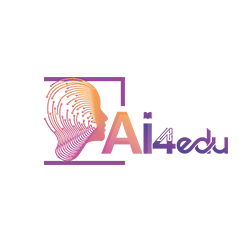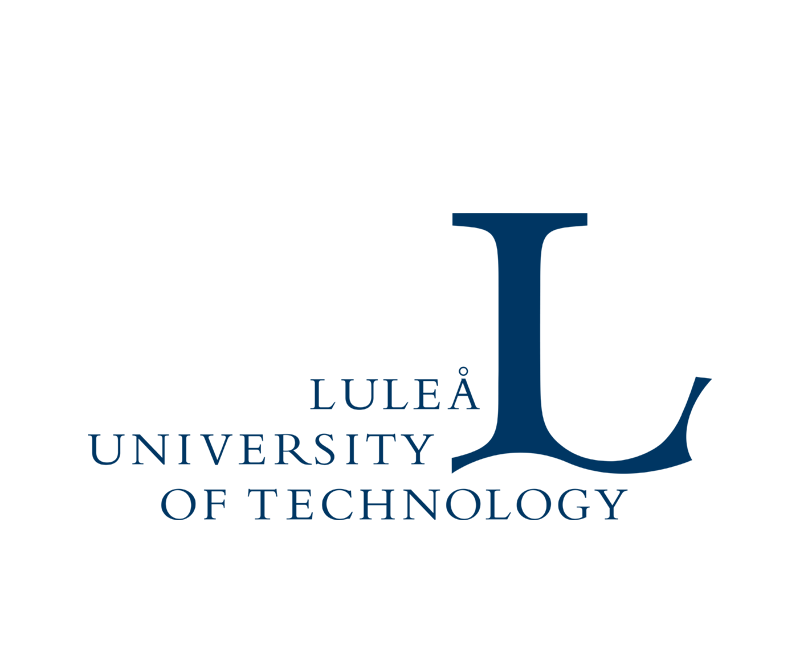The Department conducts world leading research and education with a strong experimental and applied profile, offering Master programmes in Computer Science and Engineering, Applied AI, Space Engineering and Physics and Electrical Engineering, as well as in Computer Engineering, Systems Sciences and Digital Service Innovation. LTU has many years of experience in Applied artificial intelligence. This ecosystem of AI-related research links directly to real-world applications in companies and industries, with the vision to contribute to safe and measurable AI innovations that make a difference in everyday life and that benefit society at large. The aim is to create synergies between different research areas and act as a bridge to the surrounding society and industry. Applied AI activities connect research about learning, decision making, big data analytics, edge computing, smart machines, maintenance, critical infrastructure, automation, robotics, control, and cybersecurity research fields that are needed to create the AI ecosystem. This ecosystem builds on innovative business models that boost the current learning practices and the innovations for improved efficiency, productivity, safety, health, gaming, and the general quality of life. Within this framework, an Applied AI Innovation Hub, is formed aiming to strongly connect with world-leading national and international research organisations, the industrial sectors, the innovative local authorities, innovative SMEs, the growing data center industry and the habitats of the region. The Innovation Hub contributes to improve the quality of productivity, innovation, engineering and every form of activity that AI will influence like everyday life, education, health, and arts. The Applied AI Innovation Hub acts as a flagship in AI activities at a national and European level, creating a direct sustainable impact in society. Furthermore LTU’s Machine Learning Group targets fundamental and application-oriented research in Machine Learning and Artificial Intelligence, including deep learning, pattern recognition, and human computer interaction; with applications in digital humanities, education, document analysis, and Industry 4.0. The Machine Learning group is guided by Marcus Liwicki and has 3 further faculty members, as well as 6 post-doctoral researchers and several PhD students and Research engineers. Furthermore, the group collaborates with numerous international researchers who visit as guest researchers. This young research group just started in July 2018 and has been growing to more than 20 members within just 3 years. The group’s tiers to many other research groups (within SRT and across departments) are very strong, which gives them a great overview of most AI activities at LTU and made Marcus Liwicki becoming Vice-rector for Applied AI in 2021. Apart from expertise in Machine Learning and AI, LTU brings to the consortium expertise in the field of educational development and in the school educational system, providing links to local schools in Sweden.
PARTNER ROLE:
LTU with a strong expertise and experience in fundamental and application-oriented research in Machine Learning and AI, including deep learning, pattern recognition, and human computer interaction with applications in education, will be heavily involved in WP3 and WP5, focusing its activities on adaptation of core AI technologies in Swedish and subsystems integration, as well as on human aspects of AI that aim to improve the transparency, trustworthiness and explainability potential of the AI assistant, as well as its ethical behavior. Moreover, LTU with its team experts in educational development, with special emphasis in technology and AI-rich educational environments, will lead WP2 which involves the definition of the overall pedagogical framework for the effective, ethical and inclusive implementation of AI4EDU applications in the educational practice, in close collaboration with the educational partners, the definition of user requirements and the technical specifications of core AI components to meet user needs, in close collaboration with ARC.





